
Cubic Activ Zn Zinc Sulphate Monohydrate (Zn 33% Powder), Zinc 33% + Sulphur 15%, Agriculture Grade
70% Off
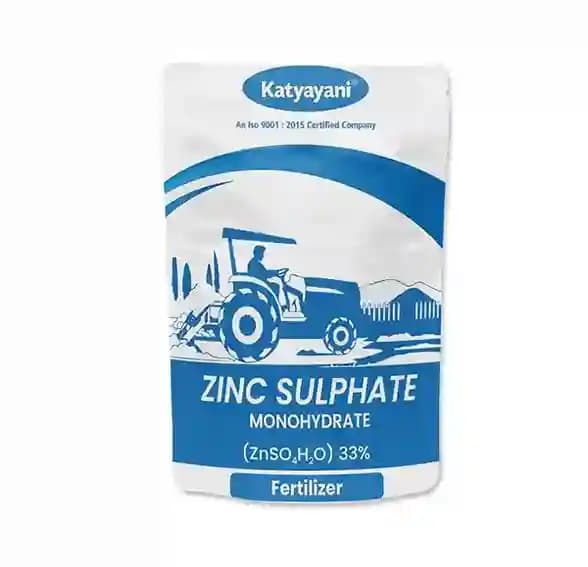
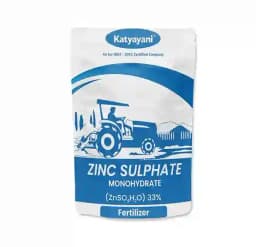
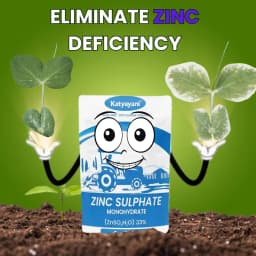




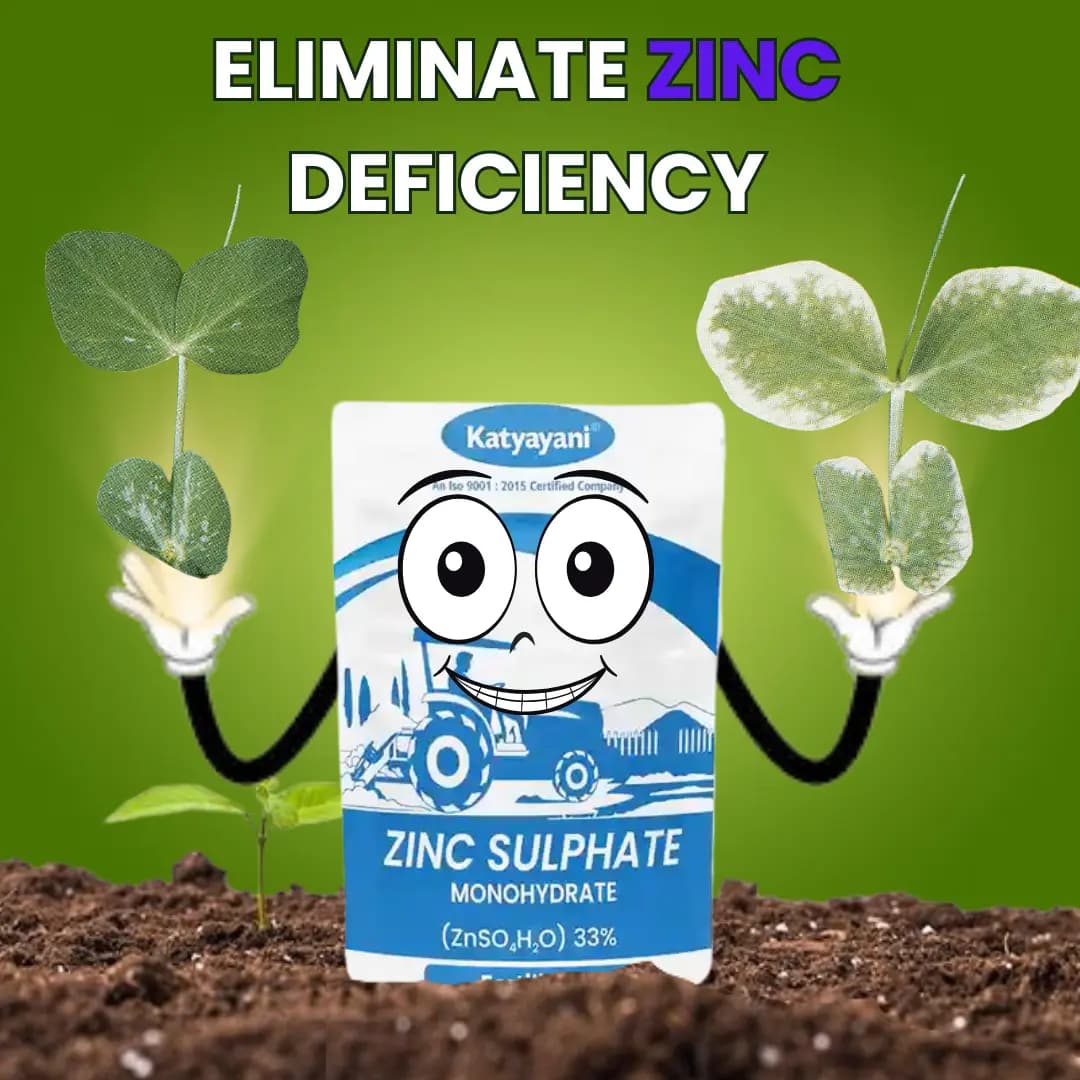



| Brand: | Katyayani Organics |
| Product Code: | 11047 |
| Country of Origin: | India |
| Category: | Fertilizers |
| Sub Category: | Micronutrients Fertilizers |

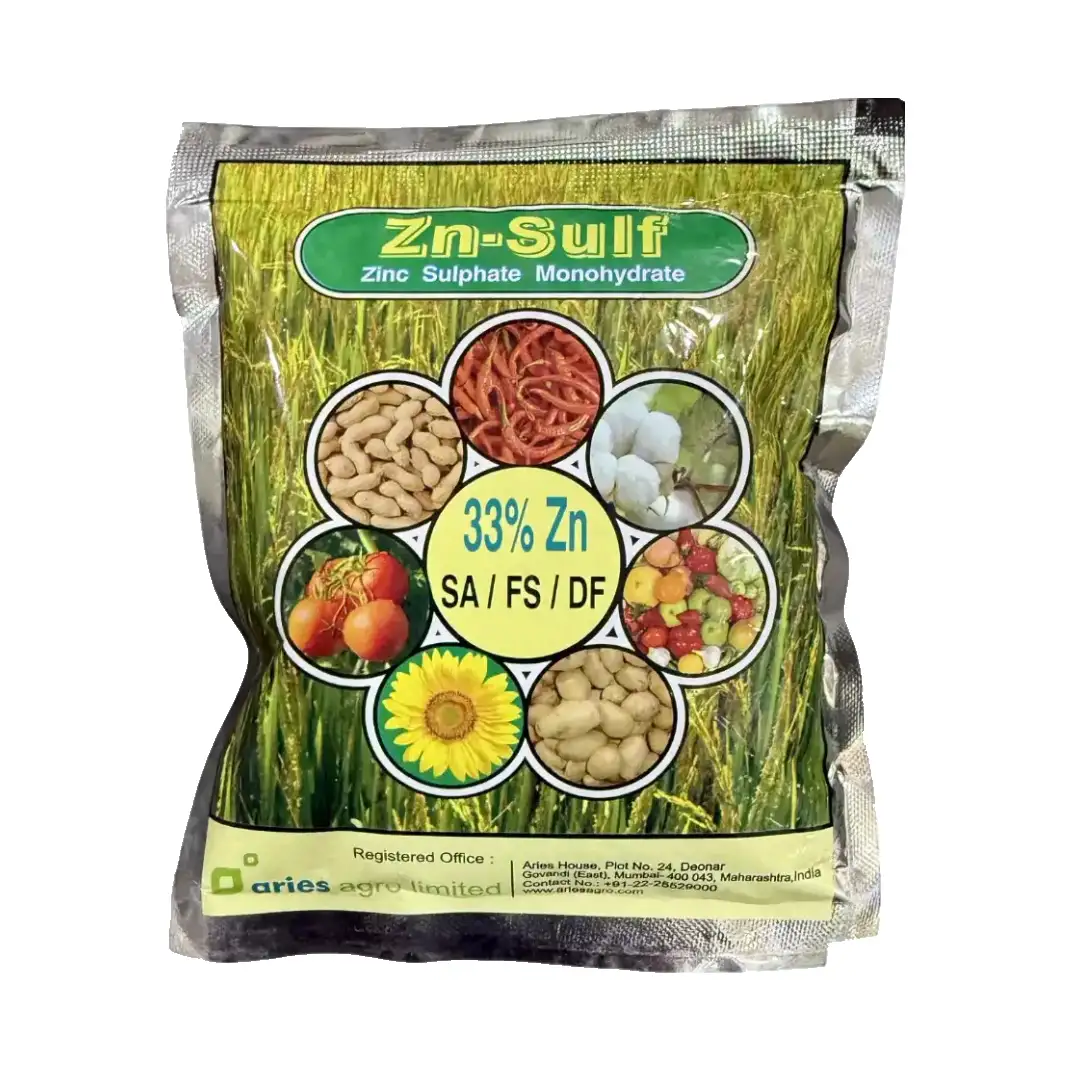
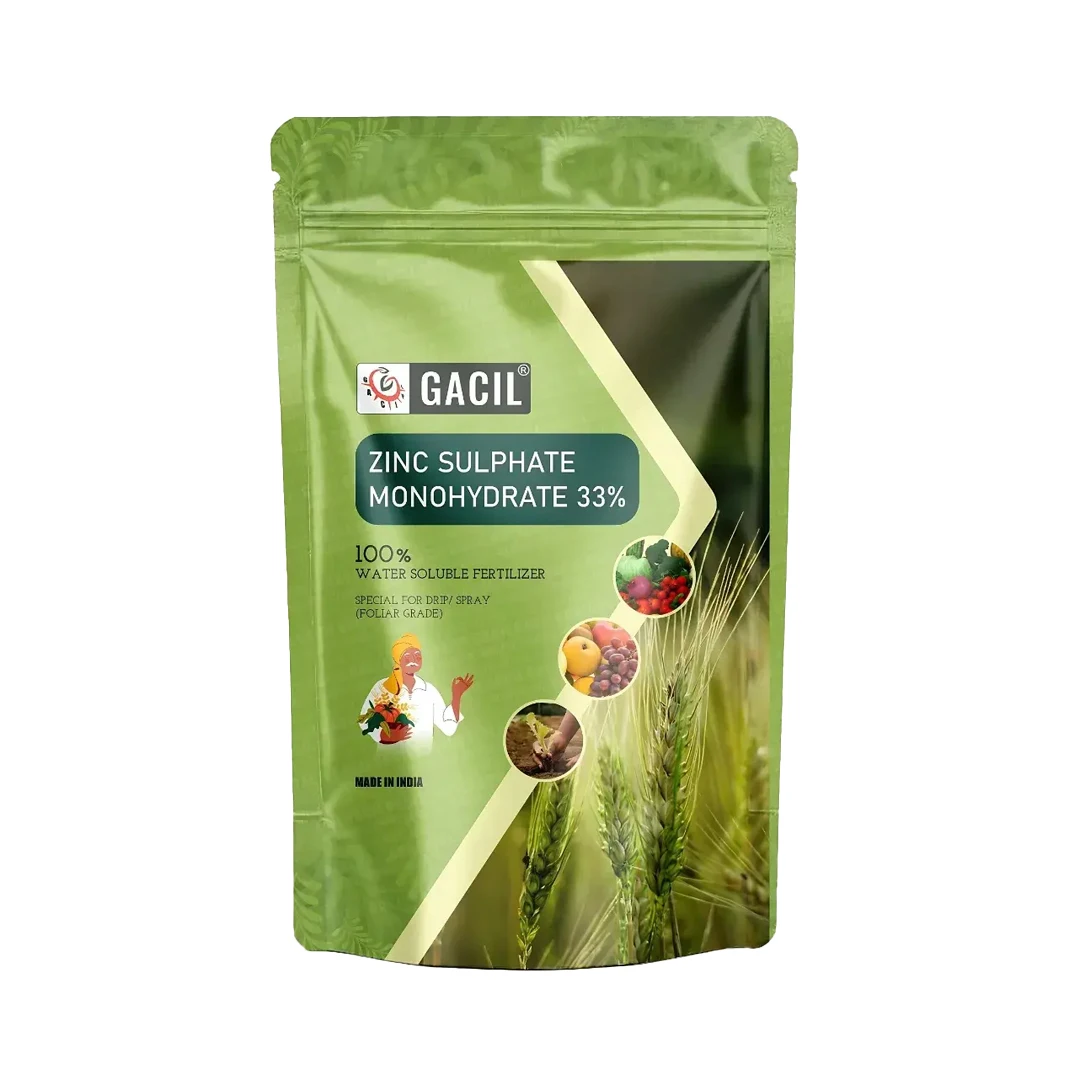
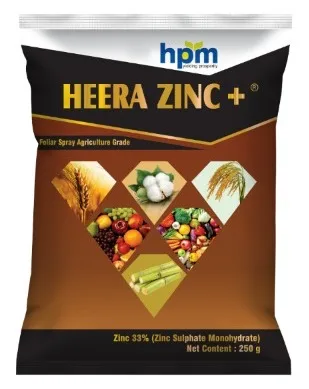
11 Nov 2025
Tomato plants stopped showing pale leaves
10 Nov 2025
Home delivery saved my market trip
22 Oct 2025
Fast delivery every time
20 Oct 2025
Reliable service made me happy
19 Oct 2025
Good result with Katyayani fertilizer
18 Oct 2025
Simple app use for purchase
17 Oct 2025
Helpful support team is nice
16 Oct 2025
Local shop never had this stock
14 Oct 2025
I trust AgriBegri store for supplies
14 Oct 2025
Order reached my doorstep very fast